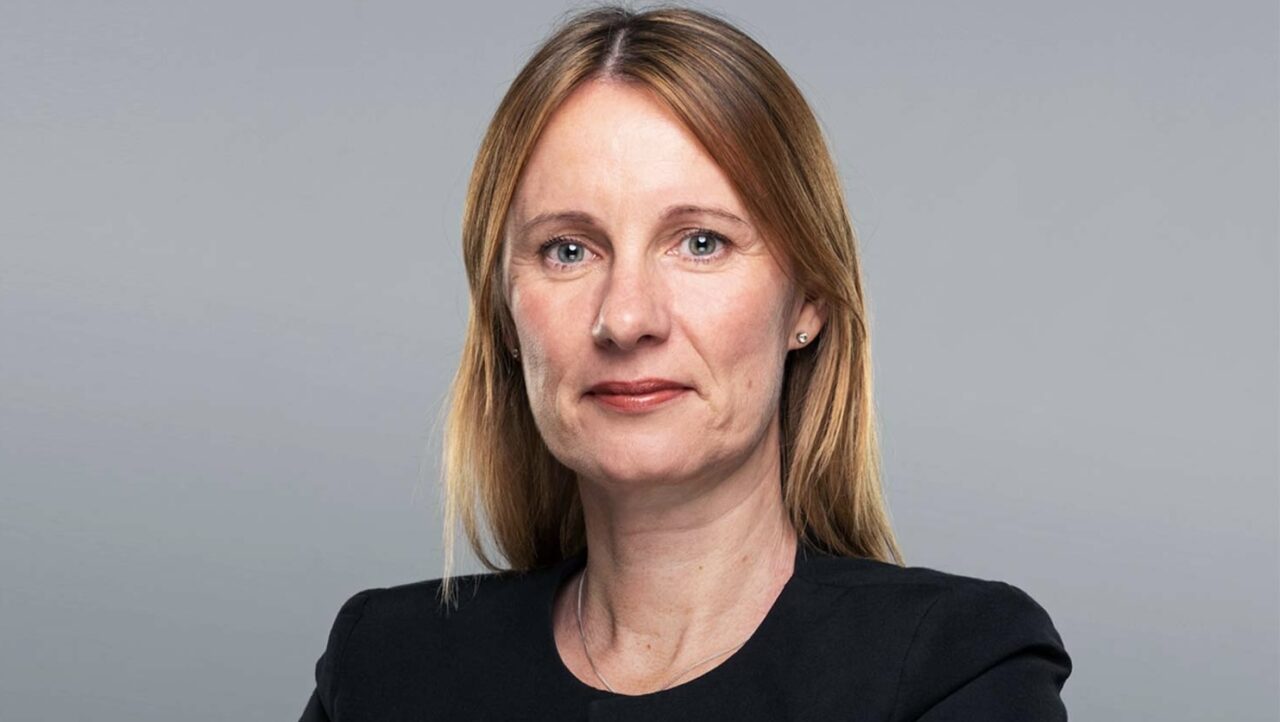Michelle Mitchell , Chief Executive at Cancer Research UK, shared on LinkedIn:
“My thoughts on the need for a long-term cancer strategy.
It’s time for Labour to prioritise cancer again
In 2000, Labour introduced the UK’s first dedicated cancer strategy, marking a pivotal milestone in the fight against cancer. Five years later, their progress report highlighted cancer services as ‘a major priority for the NHS’ and the results were evident. Waiting times fell substantially and cancer survival increased rapidly.
Since then, there have been three more cancer strategies in 2007, 2011, and 2015. The most recent strategy, under the Conservatives, ended in 2020. Four years on, cancer wait times are unacceptably long and today, cancer survival in England generally lags behind comparable countries around the world.
The Darzi Review brought into harsh focus the strain the NHS is under. So, the development of a 10-year health plan for England by the Labour Government is good news.
But it was reports that Health and Social Care Secretary Wes Streeting is considering a new dedicated cancer strategy that really got me listening. His strong leadership could help improve cancer survival and save lives. As a cancer survivor himself, this achievement would be even more profound.
A 10-year NHS plan for England will aim to improve the health outcomes for all, an objective with widespread and popular support.
But I fear this approach will lack the focus and detail that is required to improve the rate of cancer survival quickly enough. It would be like trying to use a world map to navigate the streets of London – it’s not detailed enough to take you where you need to go. Cancer patients and their loved ones deserve better.
Straight off the mark, Wes Streeting’s approach to prevention was promising. Legislation to increase the age of sale of tobacco products was announced in the King’s Speech just days after Labour won the election. This is a huge opportunity to tackle the biggest cause of cancer in the UK, ease pressures on the NHS and boost the economy. There can be no further delays to getting this vital Bill passed in Parliament.
But Wes Streeting must go further.
Comparing other countries
Countries with dedicated cancer strategies often see better survival rates as evidenced by the International Cancer Benchmarking Partnership (ICBP). They join up the dots between research, innovation, the NHS and public health. Expert input, patient involvement, consistent political backing, accountability for delivering on big changes and the funding to make it happen are all essential ingredients of success.
Take Denmark, a country which had similar cancer survival to England 20 years ago. Over the past two decades, Denmark has surged ahead, leaving England in its rear-view mirror.
For example, in the 90s, England and Demark both had among the worst survival rates for rectal cancer compared to similar countries. Denmark has since improved the 5-year net-survival rate for rectal cancer by over 20%, making it one of the best performing countries for this cancer type, whilst England continues to trail. This failure to match progress in other countries comes at a devastating cost to patients and their loved ones.
Developing a long-term cancer strategy is no mean feat. Last year, we published Longer, Better Lives – our manifesto and programme for government. This defines the key steps the UK Government must take to back groundbreaking research, drive earlier diagnosis, and prevent thousands more cancers. If adopted, this manifesto would help avoid 20,000 cancer deaths a year by 2040.
The Labour government has labelled the 2010s a ‘lost decade for our NHS’. Getting it right for cancer patients will be a significant step towards fixing the NHS in England as a whole.
If they want the 2020s to be any different, they must deliver on cancer and a dedicated cancer plan is the way to do that.
Originally published on LabourList.”
Michelle Mitchell is the first female chief executive of Cancer Research UK (CRUK), the world’s leading charitable funder of cancer research. In 2021/22 the charity had an income of £668m, spent £443m on cancer research and had approximately 4,000 staff and over 30,000 volunteers.
Before joining Cancer Research UK, Michelle was CEO of the MS Society for five years and a founding member of the Progressive MS Alliance: a global scientific and research joint venture and launched the STOP MS £100m appeal. Prior to that, she was Director General at Age UK, the UK’s largest older people’s charity where she worked for nearly a decade and was at the forefront of national debates on health, care and welfare.
Mitchell was appointed Order of the British Empire (OBE) in the 2016 New Year Honours for services to Older People and the Voluntary Sector. She was named by Cranfield University as one of the 100 Women to Watch in 2018.


